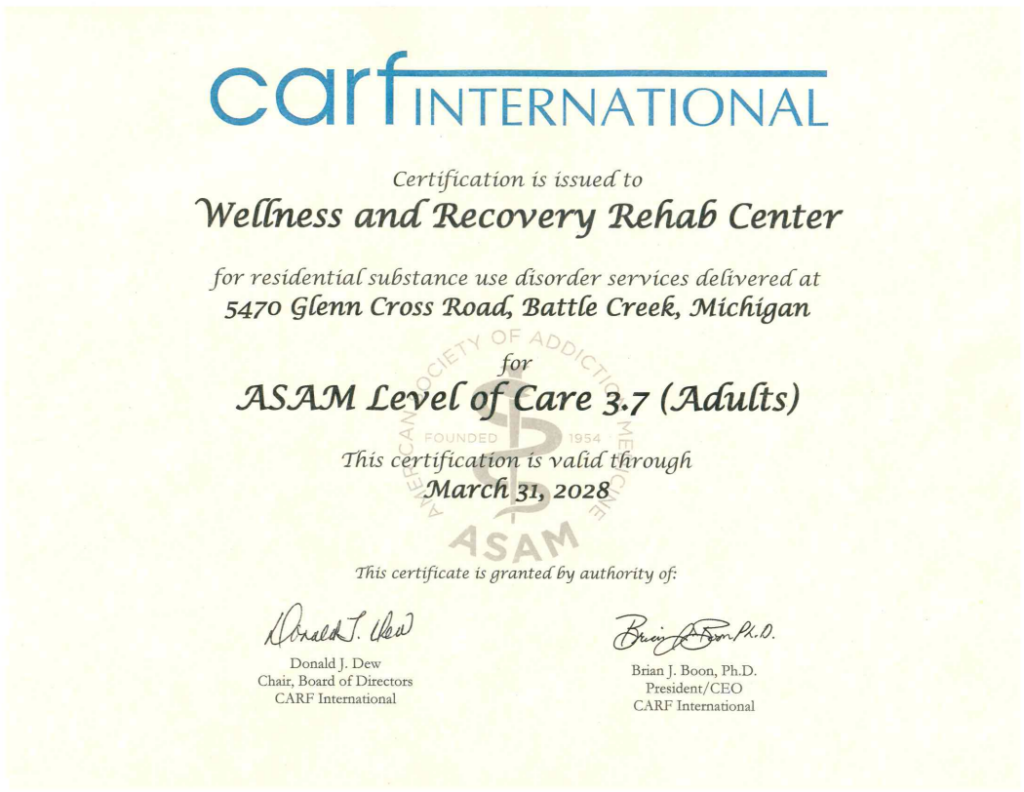
Looking for safe drug detox medications? Learn about holistic detox options and how Wellness and Recovery can help with integrative support.
Detoxification is often the first step toward reclaiming your life from substance use, but it’s rarely an easy one. Withdrawal can be physically grueling and emotionally draining, leaving you feeling overwhelmed and unsure of where to turn.
These medications are intended to ease withdrawal symptoms, reduce cravings, and ensure your safety during this critical phase of recovery. Medically assisted detox isn’t just about comfort—it’s about providing a stable foundation for long-term healing.

At Wellness and Recovery, we know how intimidating detox can feel. Maybe you’ve tried to quit on your own, only to find yourself back in the same cycle. Or perhaps the fear of withdrawal has kept you from taking that first step.
Whatever your story, our compassionate, evidence-based approach combines drug detox medication with personalized care to help you safely navigate withdrawal and begin your journey toward a healthier, substance-free life.
We see you—not just your symptoms—and we’re here to walk alongside you every step of the way. Let us help you take that first step toward real, lasting recovery. You deserve it.
Detox is a challenging process, but drug detox medication can make it safer and more manageable. These medications help to ease withdrawal symptoms and reduce cravings.
This is a longer-term approach that combines medication with therapy and counseling. Medication-assisted treatment (MAT) addresses the underlying factors of addiction, helping you build a foundation for lasting recovery.
Let’s explore the most common options for opioids, alcohol, stimulants, and benzodiazepines—because understanding your treatment can empower you to take the next step:
Our Battle Creek, Michigan team will work with you to create a personalized detox plan that may include these medications, psychological support, dual diagnosis treatment, and aftercare opportunities, ensuring you have the support you need to heal from the inside out.

When it comes to detox, you have options: inpatient and outpatient programs. Both can include drug detox medication, but they serve different needs:
Inpatient programs offer 24/7 medical supervision in a structured, supportive environment. This is especially important for individuals with severe addictions or those at risk of dangerous withdrawal symptoms.
Outpatient programs allow you to receive drug detox medication and medical support while living at home. This option works well for individuals with milder addictions or strong support systems at home.

Detox is a profoundly personal journey, and at Wellness and Recovery, we believe your treatment should be just as unique as you are. Our team of medical professionals works closely with you to create a customized detox plan tailored to your individual needs.
Whether you’re struggling with opioids, alcohol, stimulants, benzodiazepines, or other substances, we combine drug detox medication with holistic support to address your overall well-being.
If you’re ready to take the first step toward a healthier, substance-free life, reach out to Wellness and Recovery today. Let’s start the conversation about how we can help you create a detox plan that works for you.
Your journey to healing begins here. Contact us now to schedule a consultation—because you deserve a safe, supported path to recovery.
